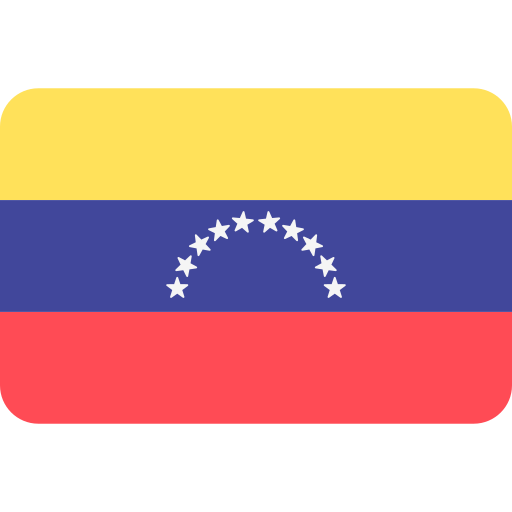name and background<
ul style="list-style-type: disc" type="discfull name: The Central Bank of Venezuela
was established by law on September 8, 1939, began operations on October 15, 1940, and officially opened on January 1, 1941.
Headquarters: Caracas, Venezuela, Avenida Urdaneta.
Shareholder Background: Wholly owned by the Venezuelan government, state-owned, unlisted.
BCV dates back to the early days of Venezuela's independence, with the establishment of a central bank in 1939 to manage monetary and financial affairs. It was officially opened in 1940, marking the start of modern monetary policy. As Venezuela's economy has grown, BCV's responsibilities have expanded, particularly playing a key role in financial regulation and economic stability. Over the past few decades, BCV has faced many challenges, including high inflation, currency depreciation, and economic instability, but has always been committed to maintaining the stability of the country's financial system and the value of its currency.
services and products
As a central bank, BCV provides support to the government and the banking system. Its main services and products include:
Monetary policy: Formulating and implementing monetary policy with the goal of achieving price stability and economic growth.
Currency issuance: Responsible for the design, printing, distribution and circulation of the Venezuelan Bolívar.
Banking supervision: Supervise commercial banks and other financial institutions to ensure that they comply with regulations and standards, and maintain the stability of the financial system.
Foreign exchange management: Manage the country's foreign exchange reserves and maintain exchange rate stability.
regulation of payment systems: to ensure the security and efficiency of national payment systems and to support the development of digital payments.
these services are primarily aimed at the banking system and governments, rather than directly to the public, but indirectly affect the financial activities of individuals and businesses through regulation and policy.
regulatory and compliance
BCV operates under the Central Bank (Venezuela) Act, which gives it a wide range of powers and responsibilities. As the regulator of the banking system, it ensures that all banks comply with the relevant regulations.
security measures<
spanstyle="font-family: sans-serif; color: black" > as a central bank, BCV is responsible for maintaining the security of the entire financial system. It ensures the safety of the banking sector and the authenticity of money by setting and implementing strict regulatory standards.
payment system security: Supervise the national payment system and ensure its security and efficiency.
Financial Education: Provide educational materials and activities to raise public awareness of financial fraud and security.
> Currency security: Prevent counterfeiting by designing and printing bank notes with rich security features.
featured services and differentiation
BCV as a monetary authority, has a unique function that distinguishes it from commercial banks:
Currency issuance: Responsible for the design, printing and issuance of the Venezuelan bolívar to ensure the supply and circulation of the currency.
Banking supervision: Supervise the operations of commercial banks and other financial institutions, ensure their compliance with regulations and standards, and maintain the stability of the financial system.
Foreign exchange management: Manage the country's foreign exchange reserves and maintain exchange rate stability.
Payment System Innovation: Advancing Digital Payments and Financial Inclusion to Support the Digital Transformation of the Economy.
>Monetary policy formulation: Controlling inflation and economic growth by regulating interest rates and the money supply.
summary
The Central Bank of Venezuela is the backbone of Venezuela's financial system, responsible for monetary policy, banking supervision, and payment system innovation. It provides digital services through its official website, ensuring that the public and researchers have access to economic data and reports. As a state-owned central bank, BCV's mission is to maintain economic stability and the health of the financial system, providing strong support for Venezuela's economic development. Although its services are not directly geared towards individuals or businesses, their policies and regulations directly affect the functioning of the entire financial ecosystem. In the future, BCV will continue to work to promote the stability and growth of the Venezuelan economy and ensure the healthy development of the regional financial system.













